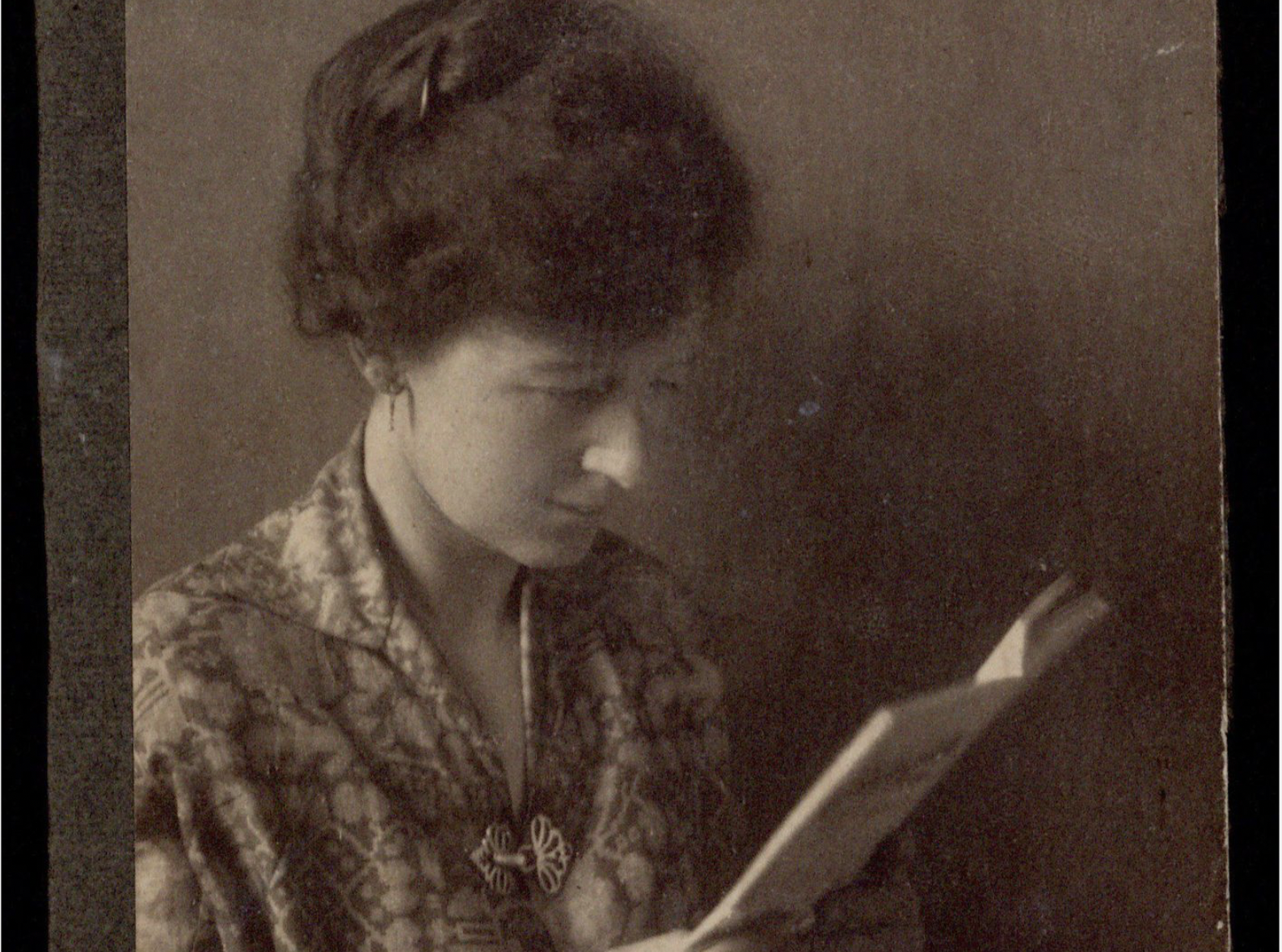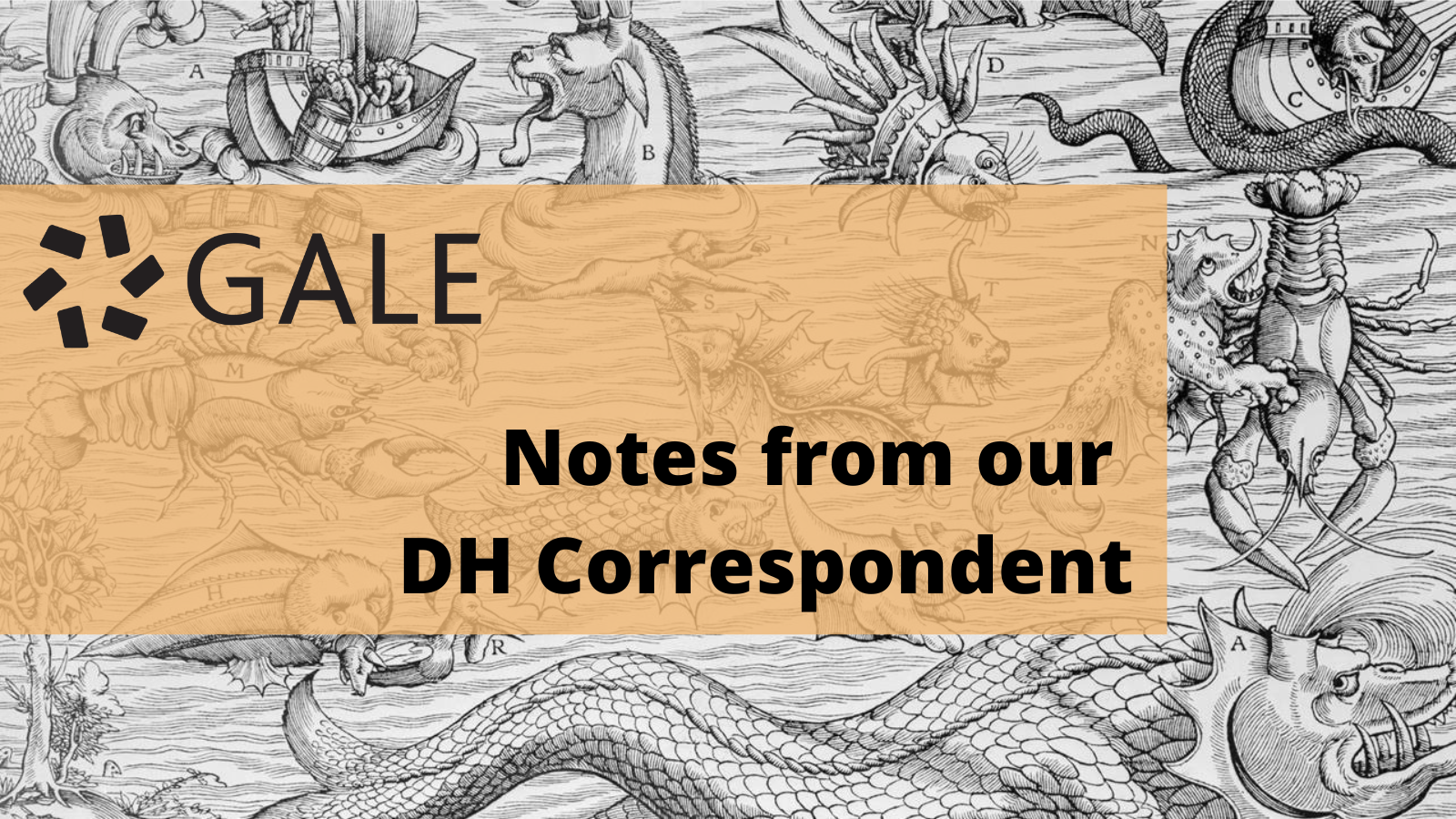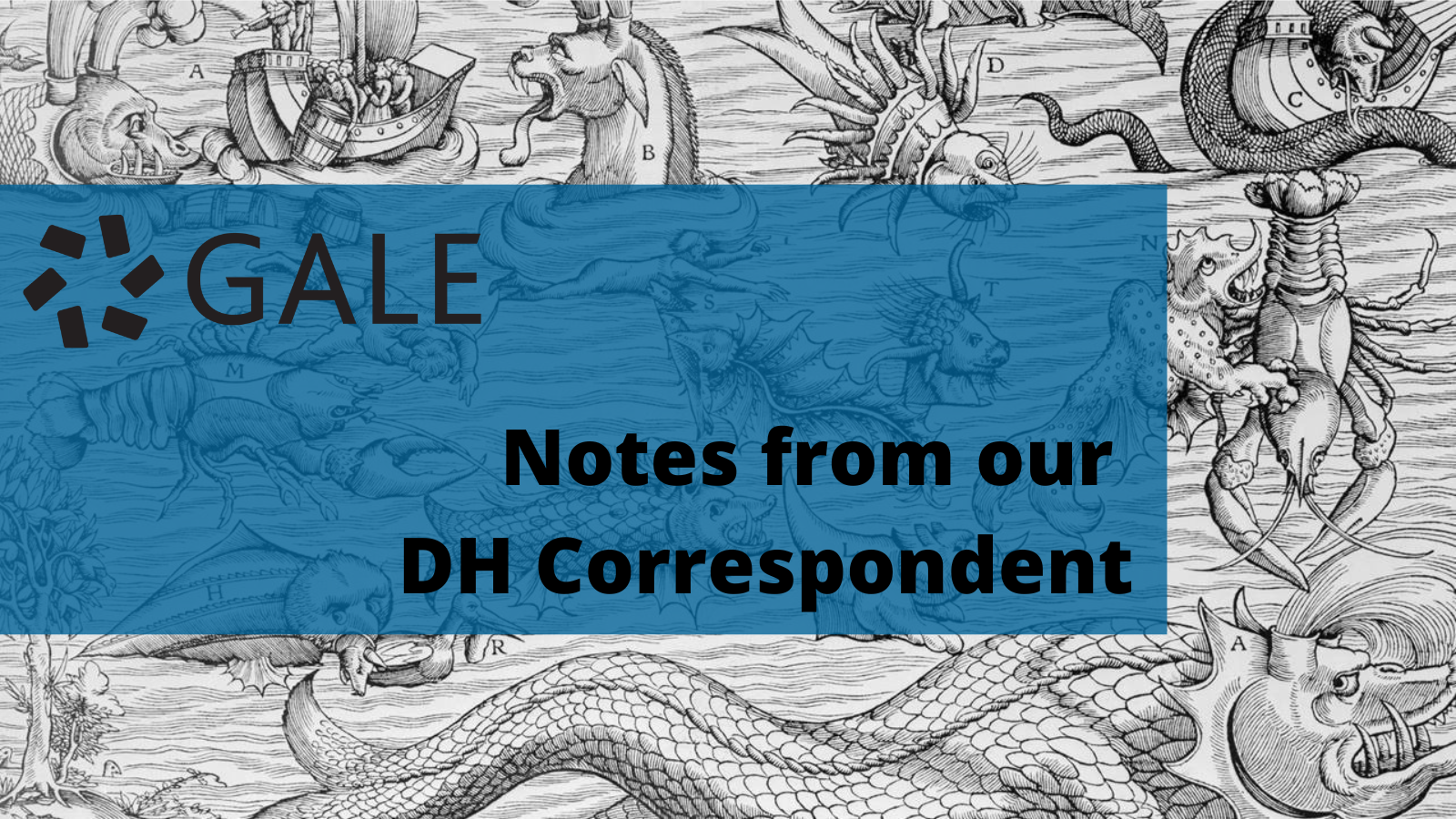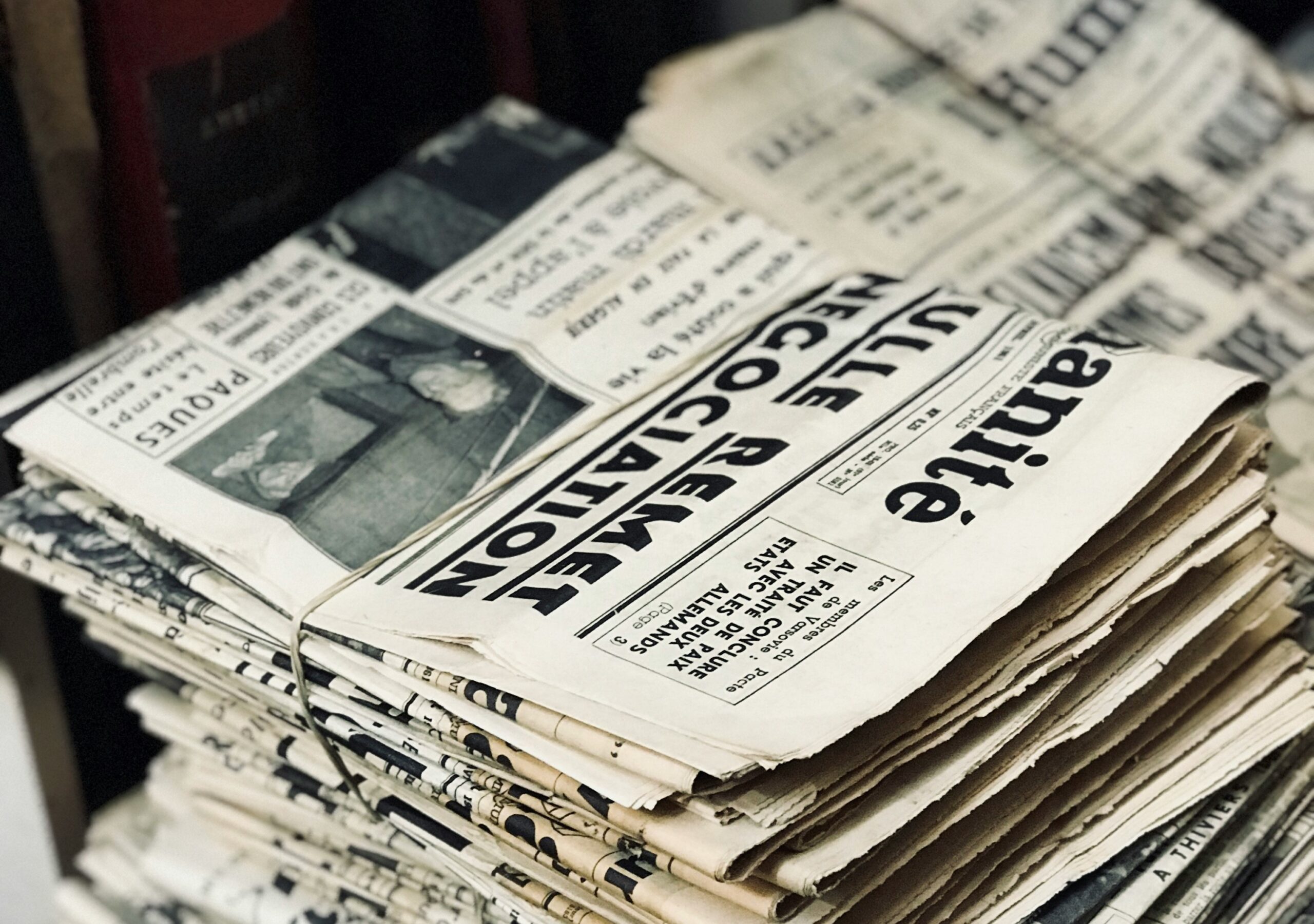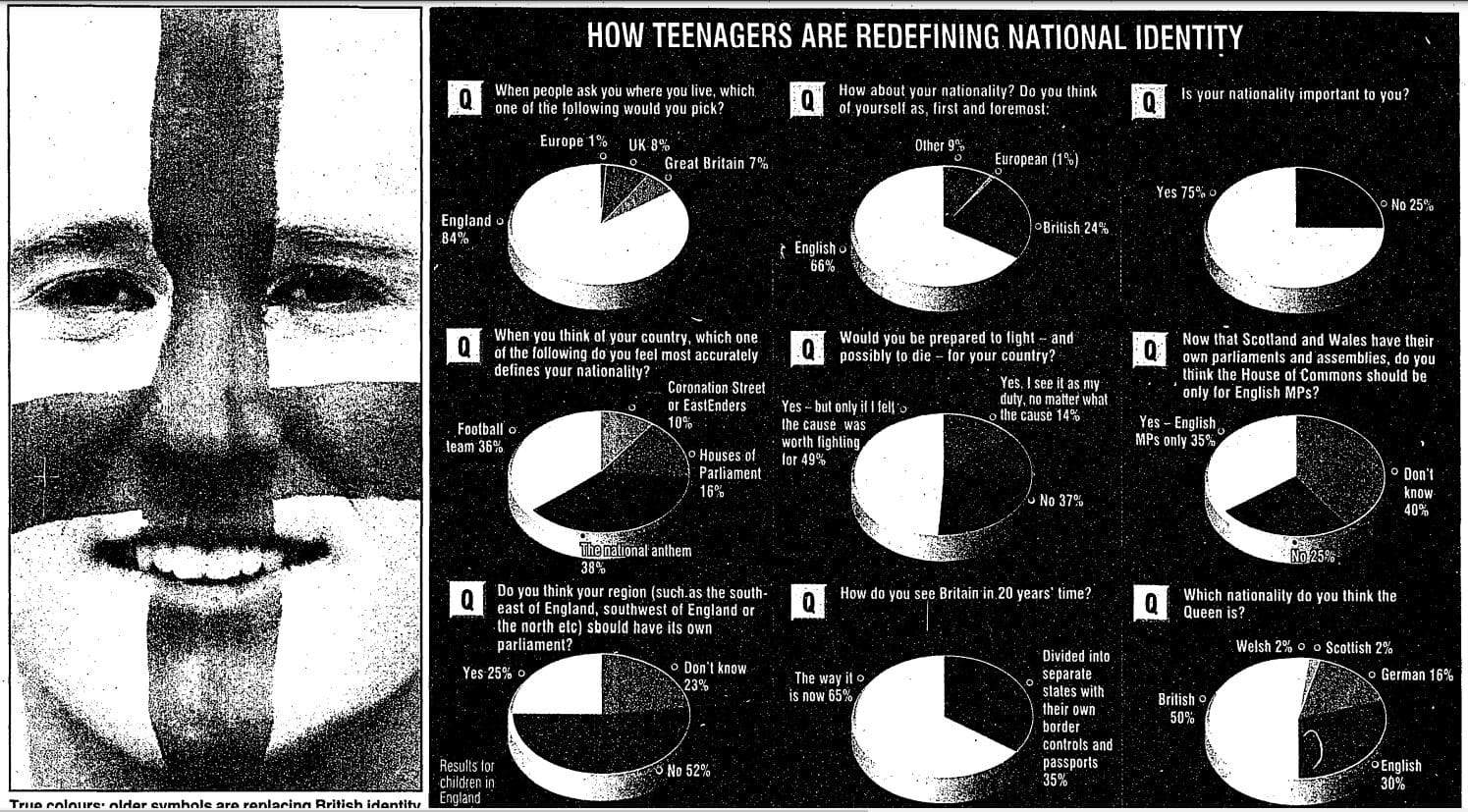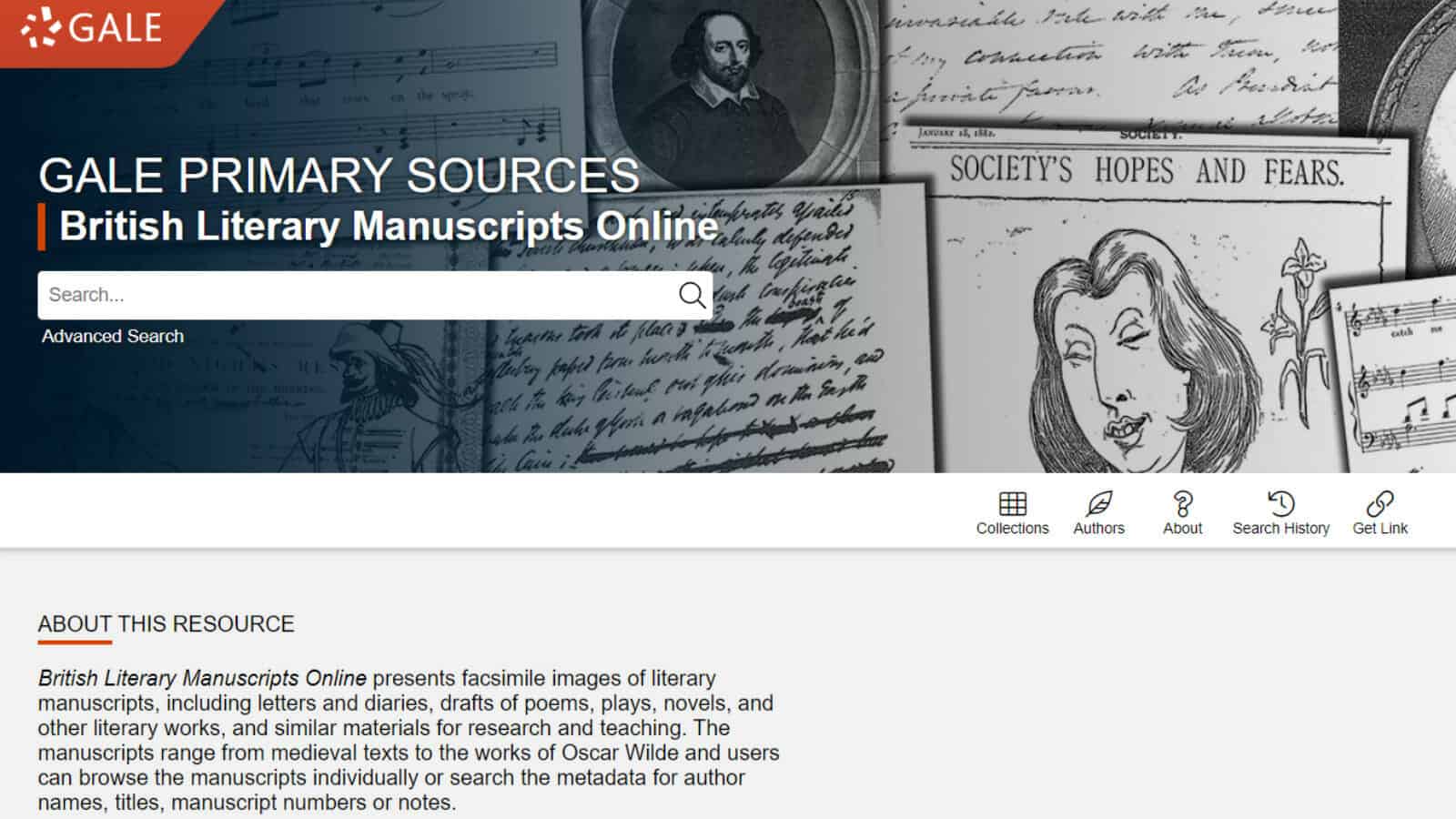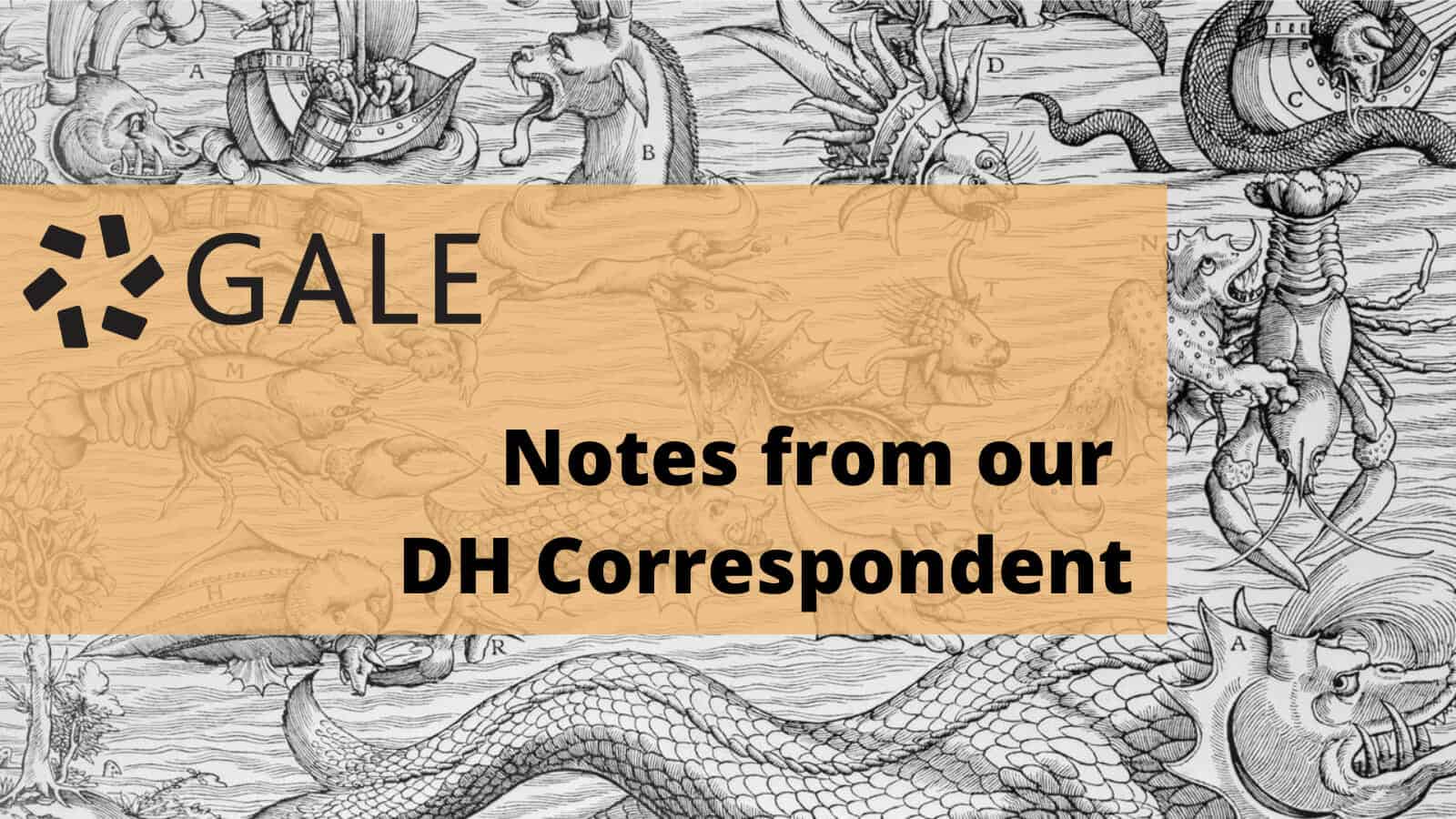│By Brendon Ndoro, Gale Ambassador at the University of Cape Town│
When does one acknowledge the impact of their decisions on society? How does one remedy their wrongdoings? When does one act in response to the threat their actions bring upon the welfare and sustainability of society and the environment?
These are a few questions Business Studies students may come across when delving into the world of business ethics. A great starting point to answering questions like these lies in understanding Corporate Social Responsibility (CSR). CSR is an ongoing practice in the world of business. It is a management concept focusing on the integration of social and environmental concerns into a business’s operations and relationships with various stakeholders.


